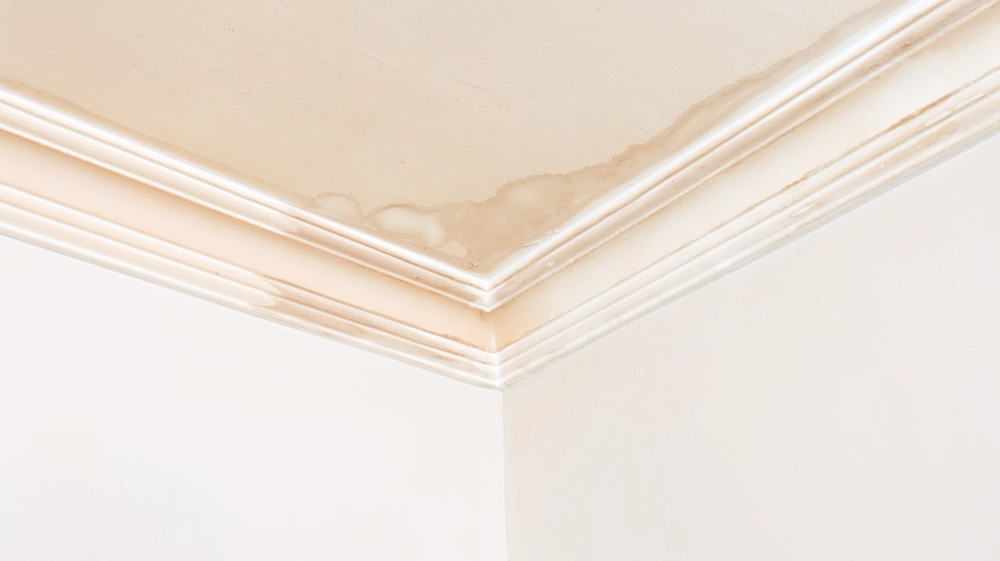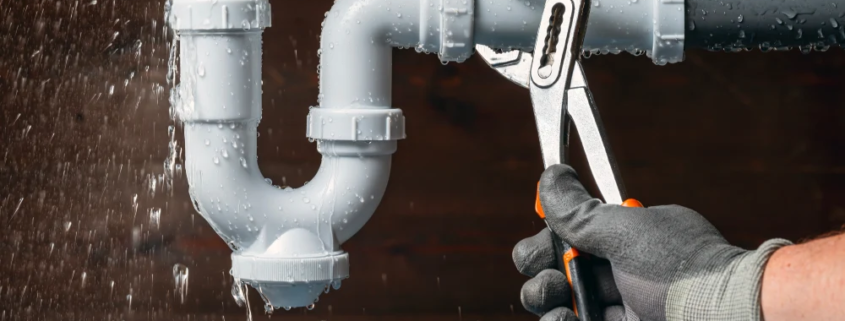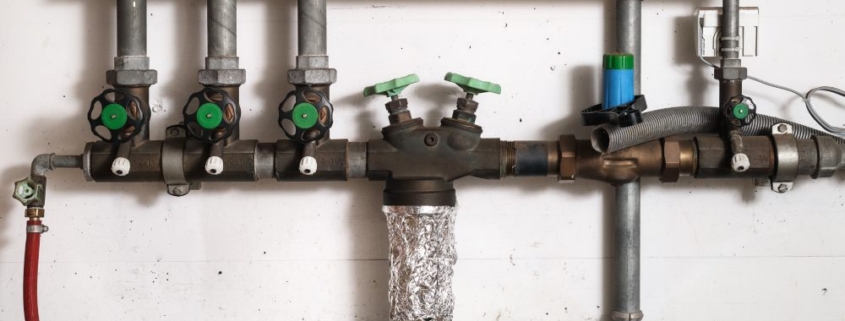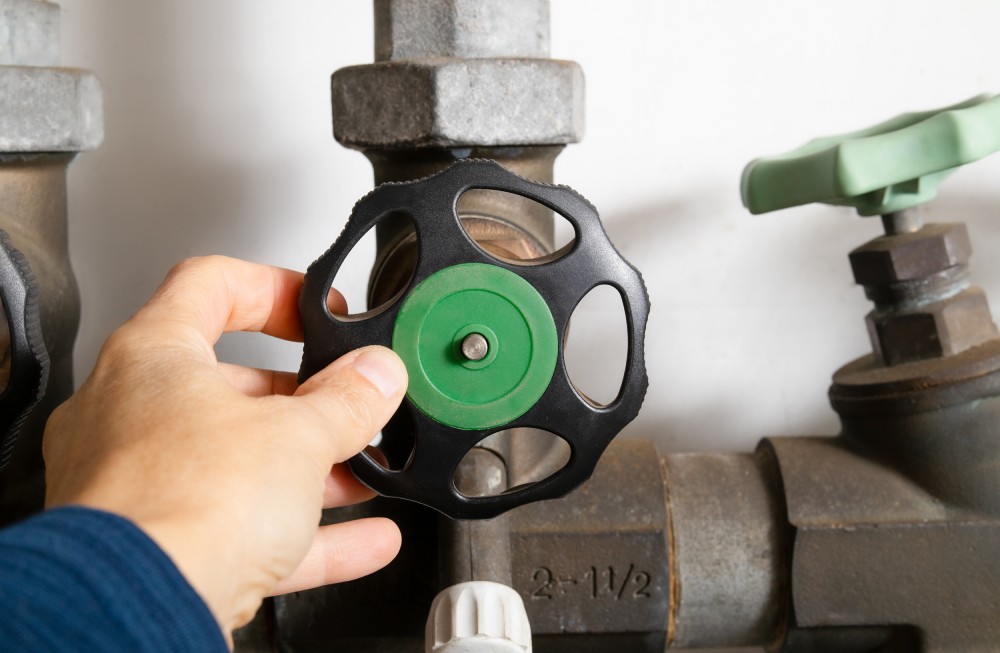TL;DR: Stay Ahead of Plumbing Problems
Plumbing issues in commercial settings can drain budgets and disrupt business. Proactive care keeps water supply steady, avoids costly emergencies, and extends system life. A maintained plumbing system means fewer surprises and more peace of mind.
- Proactive checks stop small leaks before they grow
- Reactive repairs lead to higher bills and downtime
- Planned maintenance protects health, safety, and compliance
- Simple daily habits prevent plumbing emergencies
Picture a burst pipe flooding your business lobby. That kind of emergency drains your budget, upsets tenants or customers, and can shut operations for days. Smart commercial building owners know prevention is always better than scrambling to fix damage.
Regular commercial plumbing maintenance keeps your system in good shape. A preventative program stops small issues from turning into expensive repairs. It also keeps everything running smoothly so your business can focus on daily operations.
Planned commercial plumbing maintenance is a smart investment. It saves money, avoids stress, and protects your property.
What Is Proactive (Preventive) Commercial Plumbing Maintenance?
A commercial plumbing preventative maintenance program puts you in control. Instead of waiting for something to break, you set a schedule for routine inspections and regular care. That means checking for small leaks, clearing drains, and giving water heaters or boilers a quick tune-up before they cause trouble.
This approach keeps commercial plumbing systems reliable. A well-maintained plumbing system also reduces water supply waste and keeps pressure steady.
Here’s what you get with a proactive approach:
- Scheduled inspections by skilled commercial plumbing maintenance services
- Routine cleaning of pipes, drains, and grease traps
- Tested shutoff valves and water pressure governors
- Repairs planned ahead of failures
You gain many advantages:
- Predictable maintenance costs instead of surprise bills
- Fewer emergencies to disrupt your business day
- Longer equipment life and fewer replacements
- Improved health and hygiene by avoiding hidden leaks or clogs
Systems last longer, issues get fixed early, and your budget stays intact. Commercial property owners who take this route face less stress and almost never see dramatic plumbing failures.

Understanding Reactive Maintenance: When Is It Used?
Reactive maintenance means you only call for help when something goes wrong. Burst pipe? Overflowing toilet? This type of repair comes at a high cost: more expensive fixes, bigger messes, and longer downtime.
Common situations that need immediate, unscheduled repairs:
- Sudden leaks from aging pipes
- Blocked drains or sewer backups
- Failed water heaters or frozen lines
These problems often strike at the worst times—holidays, weekends, or in the middle of a busy workday. Relying on reactive repairs usually leads to:
- Higher repair bills due to urgent labor and parts
- Business interruptions from closed restrooms or water shut-offs
- Repeated issues when underlying causes go unchecked
If you only tend to plumbing when disaster strikes, you risk more breakdowns, unhappy tenants, and bigger losses.
Why a Planned Commercial Plumbing Maintenance Program Matters
A scheduled commercial plumbing preventative maintenance program offers peace of mind. You stop guessing when pipes or drains will fail. Skilled plumbers catch the small leaks before water stains show up or ceilings collapse. Think of it like routine oil changes for your car—skip them, and you risk engine failure at the worst possible moment.
Here’s what a routine maintenance plan can prevent:
- Leaking pipes behind walls that lead to mold and property damage
- Clogged drains that flood bathrooms, causing health hazards
- Water heater breakdowns that halt normal building operations
- Sewage backflows that force emergency shutdowns
With planned commercial plumbing maintenance:
- Costs stay low and steady
- Local health codes get met without last-minute scrambling
- Your building’s reputation stays clean
Skipping regular service puts your business at risk for sudden closure or large insurance claims. Staying ahead keeps you open and in good standing.
Tips for Effective Commercial Plumbing Maintenance
Keeping your building’s systems in shape doesn’t have to be complicated. Use these steps to cut risk and keep your property running:
- Hire professional commercial plumbing maintenance services for regular checkups.
- Log every inspection and repair so nothing falls through the cracks.
- Schedule seasonal checks (especially before winter or heavy use periods).
- Train your staff to spot trouble early, like slow drains, water stains, or dripping fixtures.
- Customize your maintenance plan to fit your building’s age, size, and unique needs.
Simple habits make a big difference. Check water heaters for leaks, wrap exposed pipes before a freeze, and keep grease out of drains. Over time, those small steps add up to real savings.
Stay alert. Act quickly. Routine care costs much less than an emergency call.
Why Commercial Plumbing Maintenance Gives You Peace of Mind
Waiting until something breaks down isn’t a good strategy. Proactive commercial plumbing maintenance pays off. It saves money, cuts down on emergencies, and helps your systems last longer.
A commercial plumbing preventative maintenance program is a smart investment. It means fewer repairs, steadier costs, and less risk of costly business disruption. Ready to protect your building and budget? Learn more about our commercial plumbing services here.















